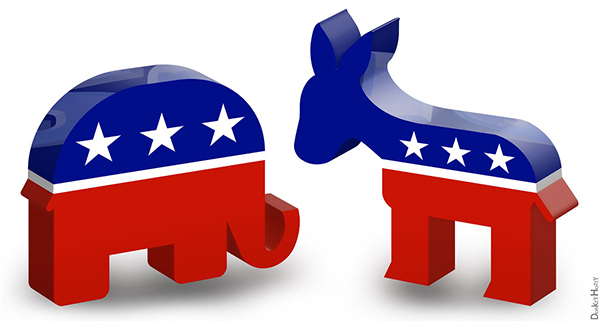Presidential election’s potential impacts on 3PL warehousing

The 2024 U.S. presidential election is poised to influence the logistics sector, particularly third-party logistics (3PL) warehousing. Anticipated shifts in trade policies, regulatory frameworks, and economic strategies will directly affect 3PL operations. Key considerations include:

Trade Policies and Tariffs
Changes in trade policies, such as the implementation of new tariffs, can alter import and export dynamics, thereby impacting warehouse demand and utilization. For instance, proposed tariff hikes on imports could lead to increased shipping costs and necessitate adjustments in inventory management strategies. Reuters
Supply Chain Disruptions
Potential disruptions, including port strikes, can significantly affect supply chain continuity. Recent labor strikes at U.S. ports have underscored the vulnerability of supply chains to such events, emphasizing the need for resilient warehousing solutions to mitigate delays and maintain inventory flow. The Wall Street Journal
Regulatory Changes
Post-election regulatory shifts may influence warehouse operations. Changes in labor laws, safety standards, and environmental regulations could necessitate modifications in warehouse management practices and infrastructure investments.
Economic Climate
The election’s outcome will shape fiscal and monetary policies, affecting consumer spending and business investments. These economic shifts can lead to fluctuations in demand for warehousing services, influencing capacity planning and operational scalability.
Strategic Planning for 3PLs
To navigate these uncertainties, 3PL providers should proactively:
- Enhance Supply Chain Visibility: Implement advanced tracking and management systems to monitor goods movement and anticipate disruptions.
- Diversify Supplier and Customer Portfolios: Expand networks to include a variety of suppliers and clients, reducing dependence on specific markets or industries.
- Invest in Technology: Adopt automation and artificial intelligence to improve operational efficiency and adaptability.
- Stay Informed on Policy Developments: Regularly monitor political and regulatory changes to adjust strategies promptly.
By adopting these measures, 3PL warehousing providers can bolster their resilience against potential challenges arising from the 2024 presidential election.
